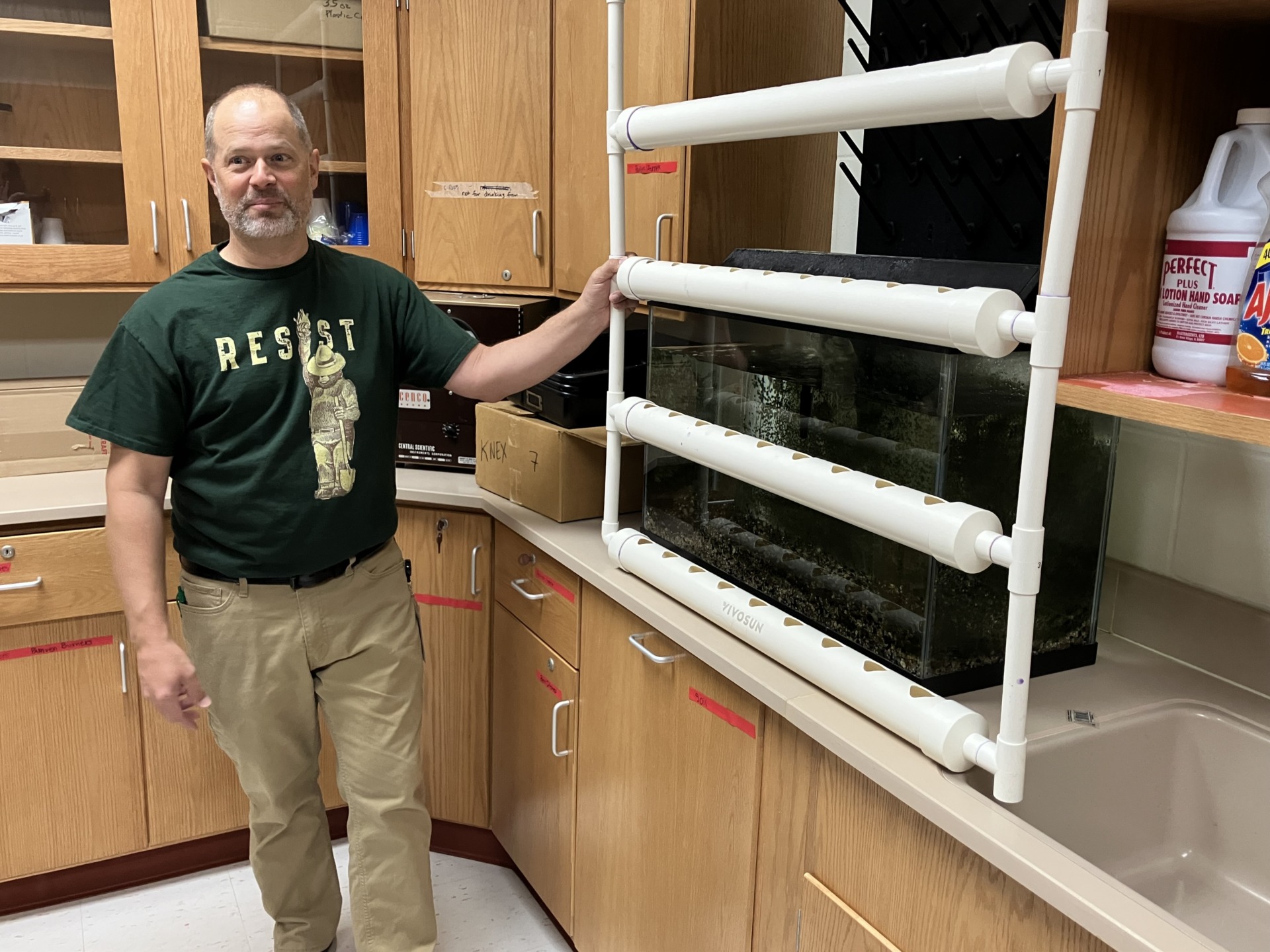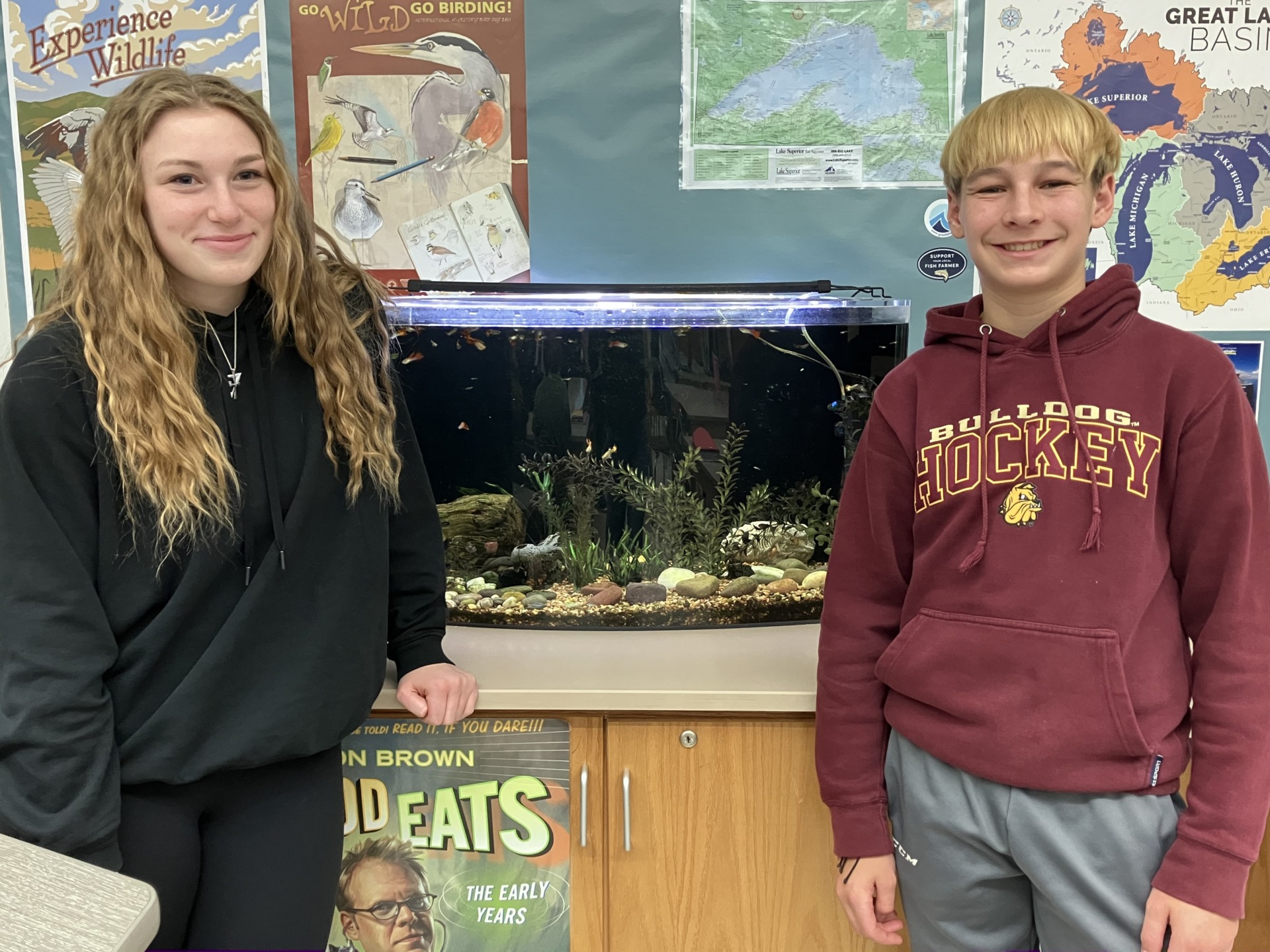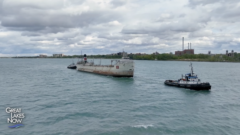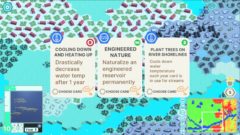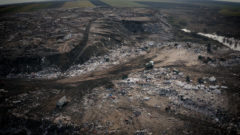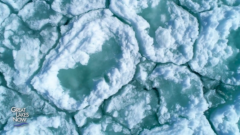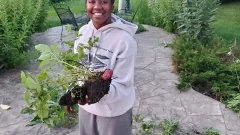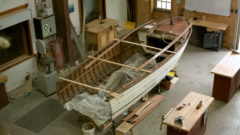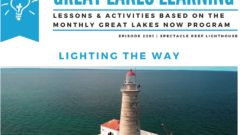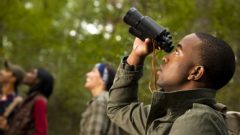Join us for “Students Ask Scientists” on October 7
10,000 Years of Archaeology Below the Great Lakes
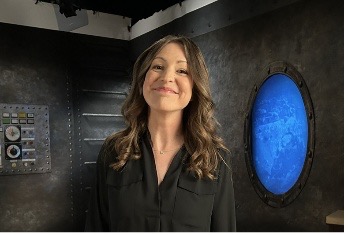
Ashley Lemke will discuss underwater archaeology and the Great Lakes.
The Great Lakes of North America were once at much lower water levels, and during these times, people, plants, and animals inhabited shorelines that are now submerged. Underwater archaeological research has revealed that 9,000 years ago people were hunting animals and using stone tools on the Alpena-Amberley Ridge, a feature that now lies 100 feet beneath the waves of Lake Huron.
Join Ashley Lemke, an Associate Professor of Anthropology at the University of Wisconsin–Milwaukee, for an overview of her work as an archaeologist on land and underwater.
Lemke is an internationally recognized expert for her innovative work in underwater archaeology and commitment to expanding the frontiers of archaeological science through technology, collaboration, and education.
Learn more about Lemke and her work.
- When: October 7, 2025, 1-2 Central Time
- Target audience: Middle school students and up and their educators
- Please pre-register for Zoom-based event
Questions? Contact Anne Moser or Ginny Carlton.
The post Join us for “Students Ask Scientists” on October 7 first appeared on Wisconsin Sea Grant.News Releases | Wisconsin Sea Grant
News Releases | Wisconsin Sea Grant
https://www.seagrant.wisc.edu/news/join-us-for-students-ask-scientists-on-october-7/

